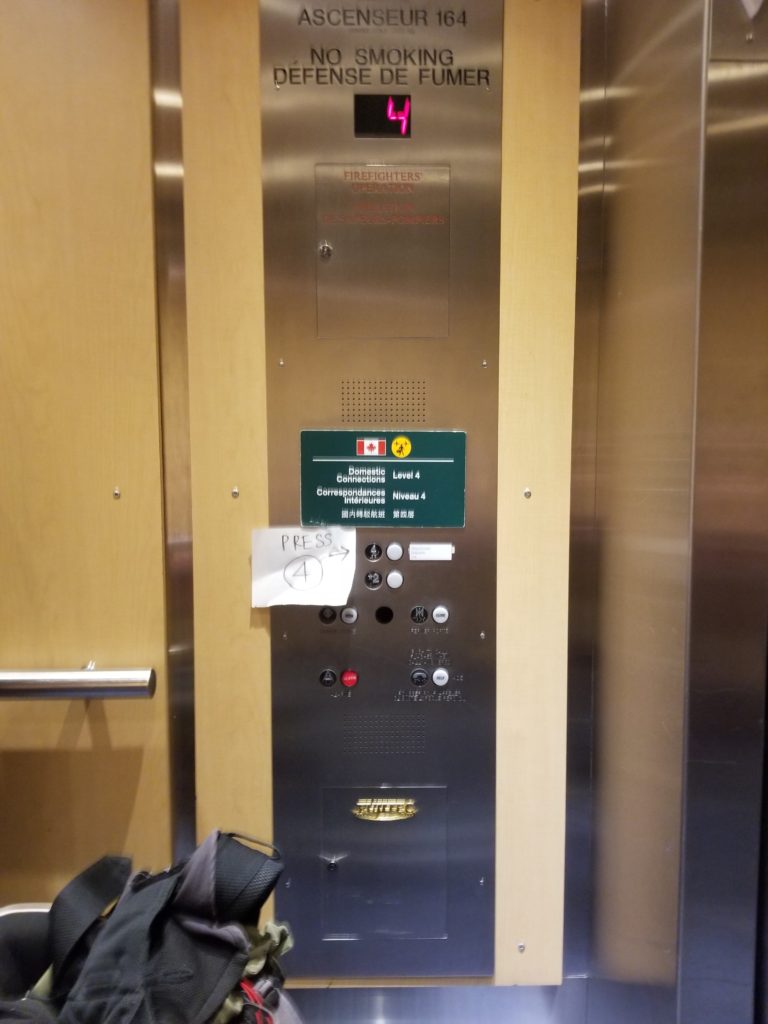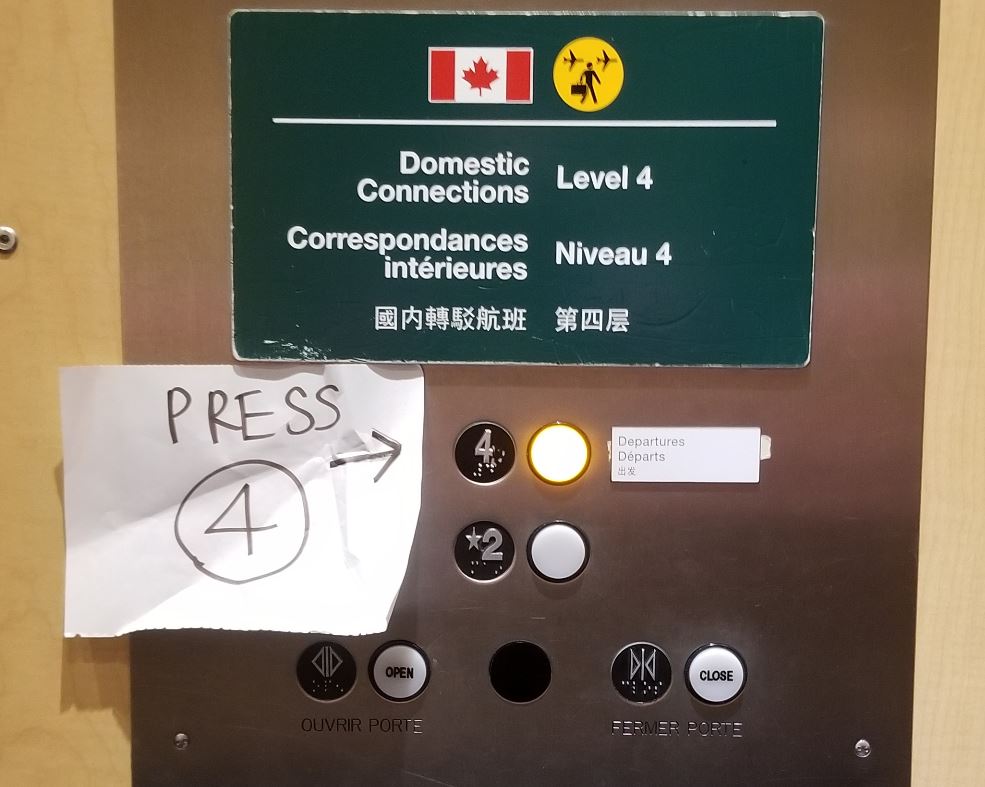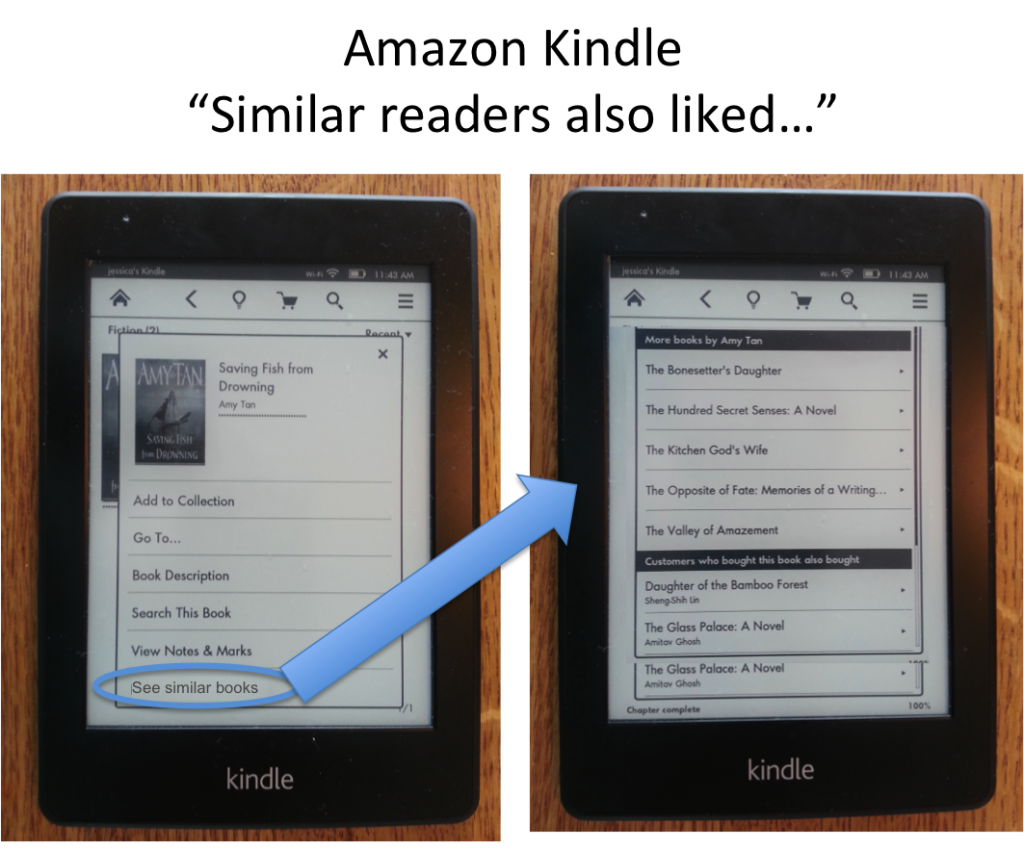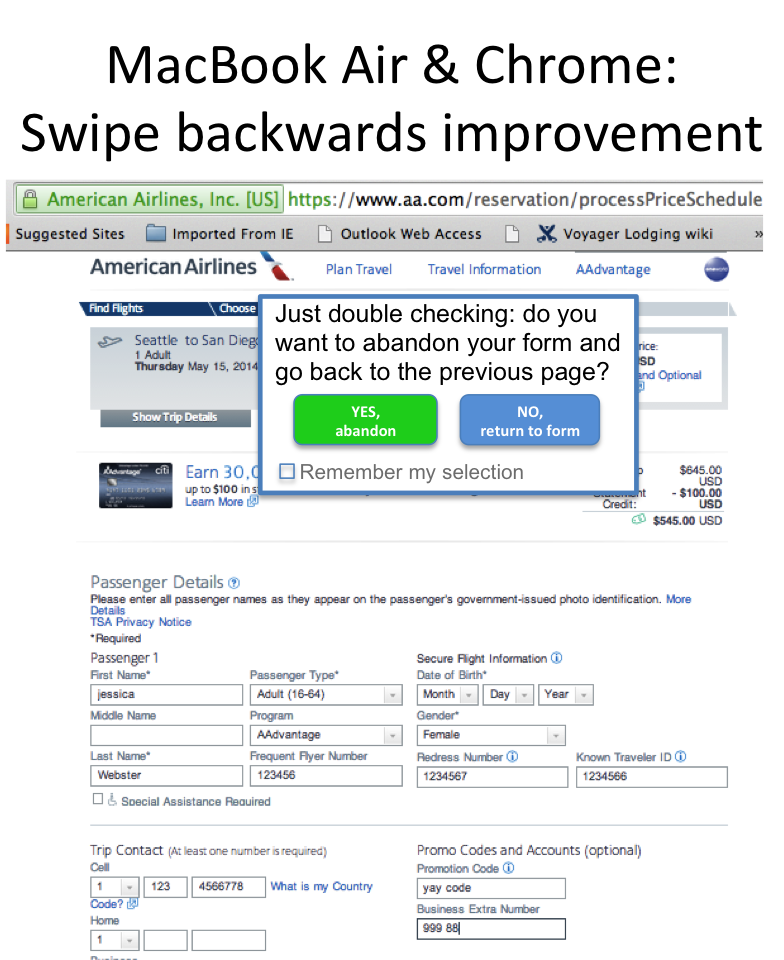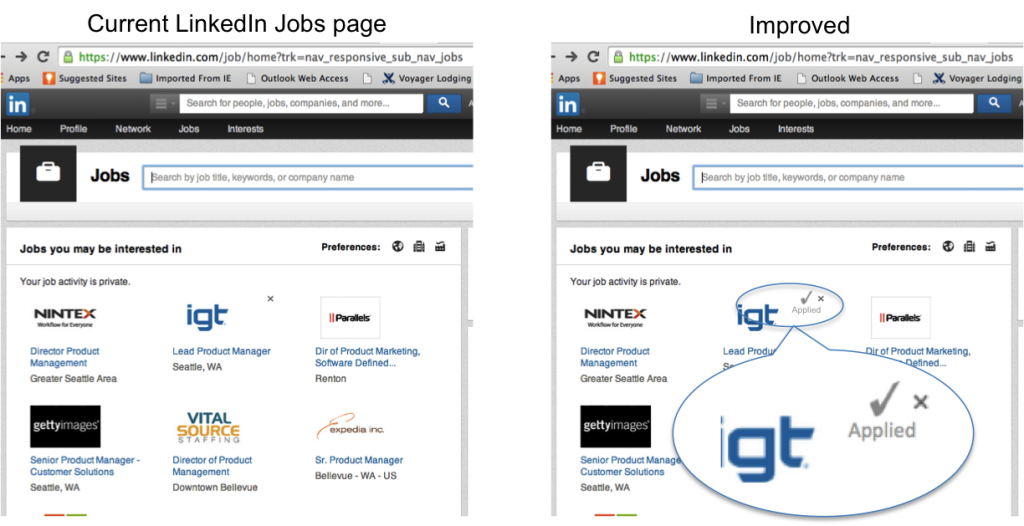Background: Without any luggage to pick up in baggage claim, it was a breeze to exit the Honolulu airport and get outside. I came down the escalator, shot straight through the hallway and onto the street. Looking way down to my right, I saw the SpeediShuttle stand, and with my destination in sight, I rolled my bag down to the nearest crosswalk (which was past the SpeediShuttles), crossed over, and then backtracked to the red Hawaiian-shirt SpeediShuttle employee in front of the vans. “Where’s your ticket”, he asked. “Uh, can I get a ticket from you?” I asked. “No, you have to get one inside, didn’t you hear them? They’re all around baggage claim!” My response: “No, I don’t have any baggage, so I didn’t go to baggage claim. You mean I have to go BACK inside to get a ticket? I can’t get one from you, here?” … And the answer was that yes, I needed to go back inside to find the other red-hawaiian-shirted people, with portable credit card machines around their necks to purchase a ticket.
Frustrated and annoyed at the inefficiency after my 6hour flight, I scurried back down the median, crossed over the crosswalk, entered the teeming baggage claim area and sought the uniformed busker-like shouters. During the mobile purchase process, another huffing and puffing guy in the same boat raced up too. It wasn’t just me. 2 for 2. Bad experience.
Back to the shuttles we both traipsed, wondering aloud how in the world, with so many tourists, there wasn’t a better way.
Problem: There are no signs to direct tourists into baggage claim to purchase a ticket and if a to-be customer arrives at the shuttle, they must be sent back inside. This is inefficient and frustrates customers right off the bat. They may be stuck using the shuttle, but they’re less likely to give good reviews or leave “Hey what a great experience!” tips.
Recommendation: Do not assume all people will come through baggage claim. SpeediShuttle should either 1. Provide the people at the shuttles with a mobile machine for purchasing or 2. Put a sign in the hallway which directs customers into baggage claim to purchase tickets.
Business Benefits: SpeediShuttle should see an increase in customer satisfaction ratings, which also has the possibility of increasing tips
Customer Benefits: For a non-negligible percent of your customers, they could have a much faster, easier, more relaxing experience. In 2012, 9,225,848 people came through Honolulu airport (FAA.gov). If only 5% of them took SpeediShuttle (the only pre-booked group shuttle service available), and only 10% of those customers had no baggage, that’s 46,000 people per year who could have a slicker experience, leaving them with an Aloha smile on their face.
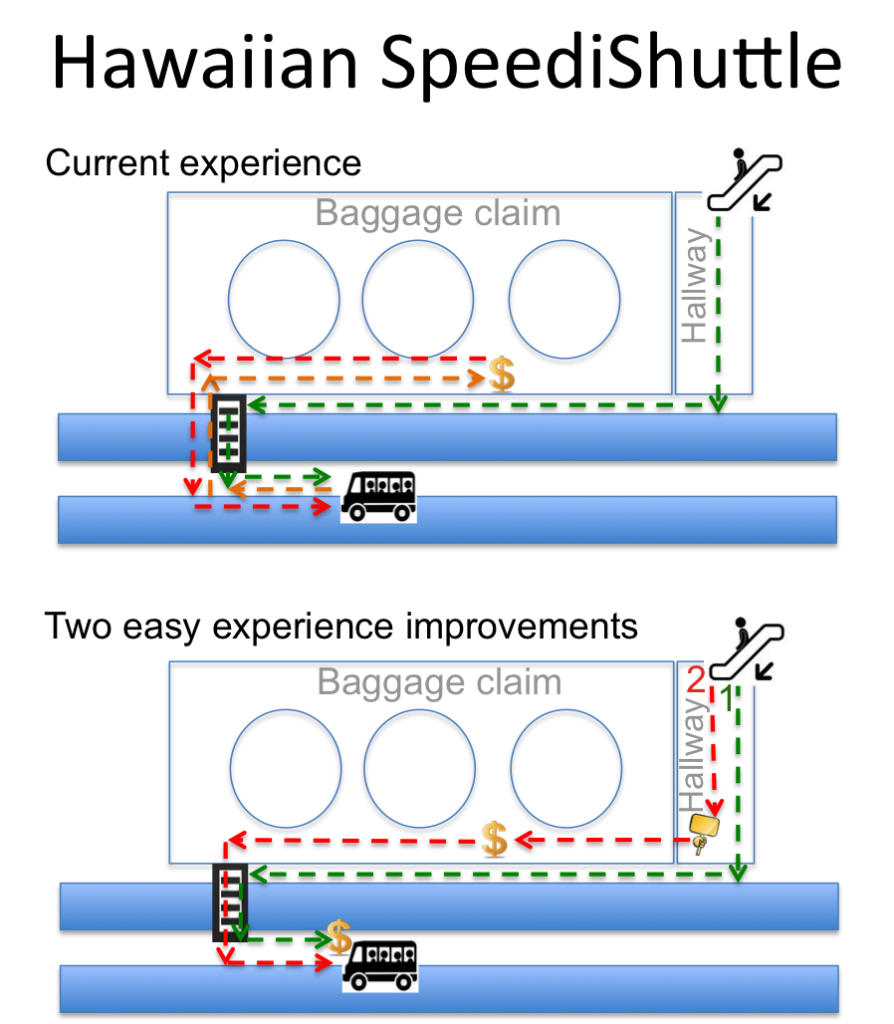
SpeediShuttle experiences: current and recommended




 by
by 

